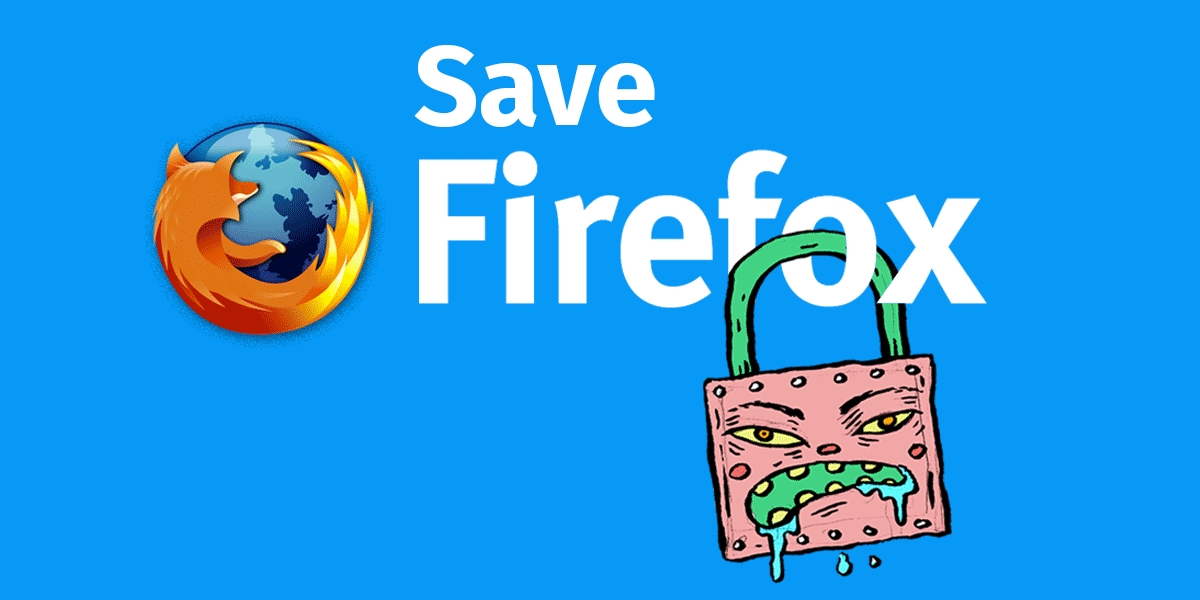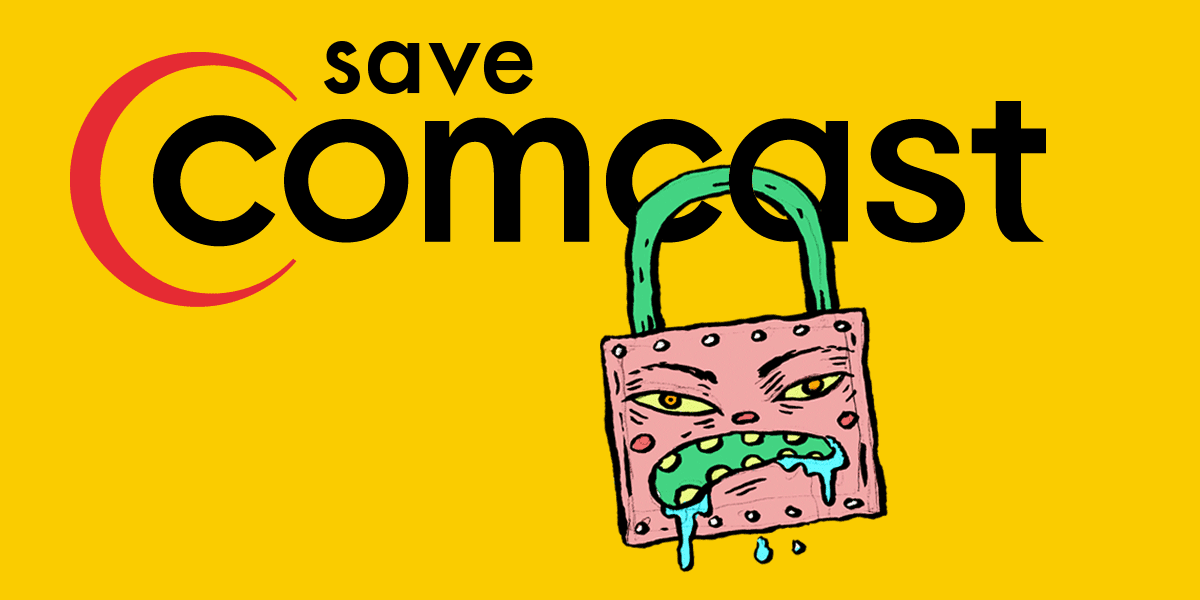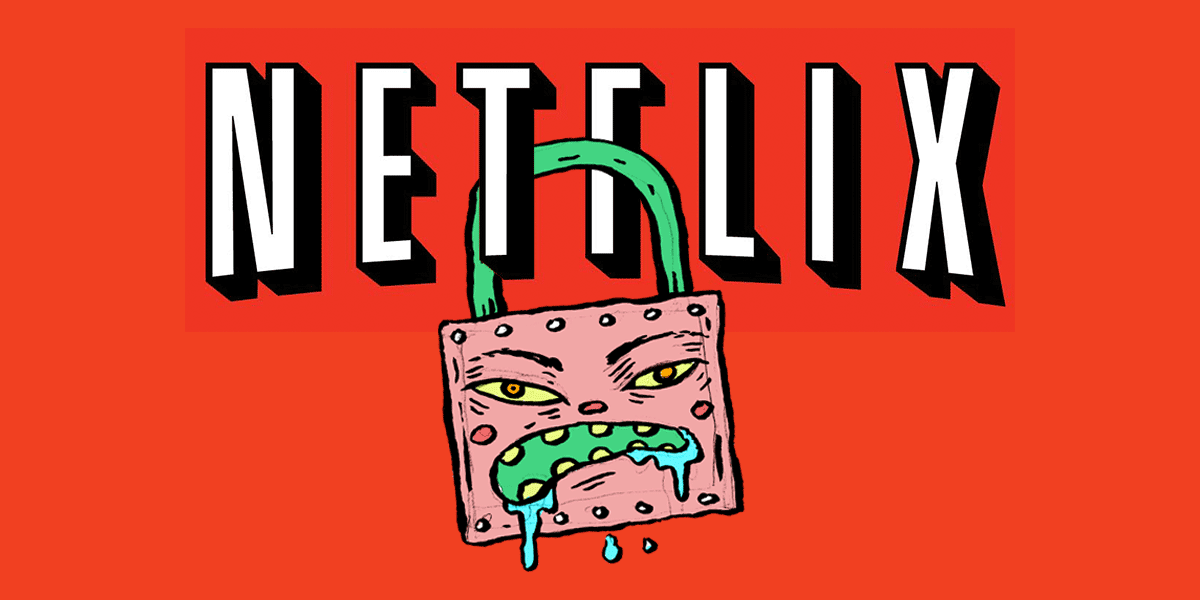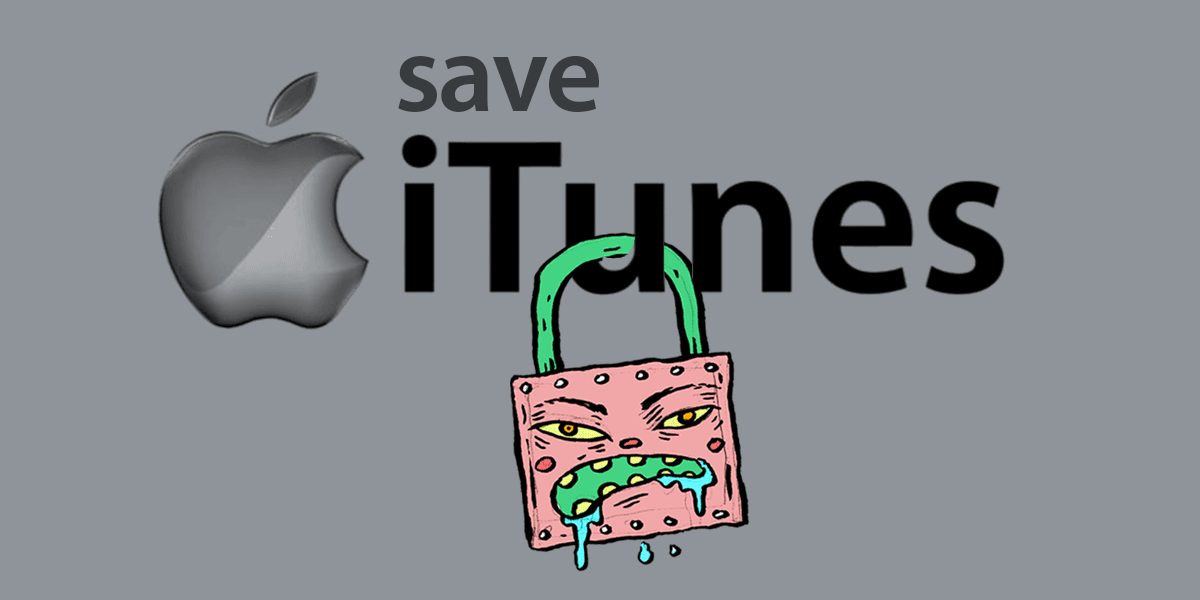Save Firefox

The author is Cory Doctorow, on behalf of the Electronic Frontier Foundation. This appeal is addressed primarily to American Internet users, but it is important not only for them, but for everyone, because our common destiny is being decided. The future of the free web is now determined.
Long ago there were two browsers that almost everyone used: Netscape and Internet Explorer, connected in a deadly battle for the future of the Internet. They were very different from each other, to persuade web publishers to optimize their sites, each under their own browser in the hope that users will follow them.
')
Then there was a change: an open, non-commercial Mozilla browser stood out from Netscape and set another task: to serve not the publishers, but the users themselves. Mozilla, by default, blocked pop-up ads, a scourge of the early Internet. It was a step that none of the major browsers could afford, because publishers were confident that they would not survive without such ads, and any browser with a built-in block would turn publishers away from themselves, which meant a lot in competition.
A little more than ten years have passed, and the world of browsers has changed beyond recognition: Mozilla has become Firefox; Internet Explorer has become Edge, Apple has released Safari, and Google has released Chrome. They all blocked pop-ups by default!
And we can not say that now there is no competition. She is, and more than ever strong. As before, this is a strategic struggle to please both publishers and users, whose interests do not always coincide. Publishers want to collect more information about users, and people want to keep their data secret. Publishers seek to control the flow of content and the browsing of sites by users, and people want to keep control of themselves.
We need competition; we also need diversity. We need to ensure that novice players with revolutionary ideas make their way into the market. You need to keep the flame of the idea and ensure that all browsers do not shift the focus from caring for users to the favor of several giant corporations that dominate the Internet. Because there will always be such pressure, and if all browsers play the same game, users will always lose.
We need more firefoxers.
We need more browsers, the developers of which think primarily about users, and not about publishers. This is a natural cycle of concentration-destruction-renewal, which has been supporting energy on the Internet for almost 20 years (whole eras , by the standards of the Network).
The World Wide Web Consortium (W3C) used to promote open standards that prevented publishers from being tied to the proprietary functions of specific browsers, but since then the W3C has changed its mission. Since 2013, the organization has become a forum where the main browser development companies and companies that dominate the media industry come together. Together they create a system so that the browser can control our behavior, and not vice versa.
Such a system called Encrypted Media Extensions (EME) uses the standard code to put the video inside a proprietary container - Content Decryption Module (CDM). In order for the new browser to support this new streaming video standard — which is being promoted by major studios and cable operators — it needs to convince these media companies or one of their partners to provide CDM, otherwise this part of the “open” web will not be displayed in the new browser.
This is contrary to all previous W3C standards and the whole idea of an open web. Previously, the only requirement for rendering the content that the server sent was compliance with the standards, rather than obtaining permission. If browsers needed the publisher's permission to render the page when the first Mozilla came out, the publishers would simply crush this upstart blocking pop-up ad. In other words, you can say goodbye to Firefox.
W3C was not required to do this. There is no such law on the protection of intellectual property, which says that the producer of video content has the right to determine how the user must configure their equipment, having obtained legal access to this content. But due to the mechanism of EME, copyright holders will be able to use the law to close any browser that tries to show videos without their permission.
This is because the EME system is designed to enable the rules of section 1201 of the Digital Millennium Copyright Act (DMCA). They say that removing without permission a digital lock that protects copyrighted content is a crime, even if you have the right to access this content. In other words, as soon as videos begin to be broadcast through the EME system, any company that unlocks content for its users can be brought to justice in court, even if users have done nothing illegal.
We have proposed a W3C way out: protect new browsers. W3C members should promise not to use the DMCA to attack newbies, this idea was supported by a large group of W3C participants, but the W3C consortium management rejected the proposal and decided to continue working on the standard without any protection for future competition.
It is even worse than it looks at first glance, because the DMCA acts not only in the United States: at the initiative of the Office of the United States Trade Representative (US Trade Representative), DMCA-like legislation has been adopted in almost every country that has trade relations with the United States. And even worse: DMCA is also constantly used by companies to intimidate and silence information security researchers who find flagrant defects in their products. The W3C also refused to require its members to protect information security researchers who find vulnerabilities in EME. This poses a threat to all Internet users, since it leaves them computer systems with open bugs. Disclosing vulnerabilities with the permission of the company would only increase security.
The W3C consortium needs to come forward with people who care about the open web and innovations that remain viable. They are sensitive to criticism of this kind. We understand them. There are many good people working there who sincerely and ardently want the web to remain open to all and safe for users. But the organization made a terrible decision by adopting EME, and even more terrible, when it rejected the opinions of its members and canceled protection for information security researchers and new competitors.
I need your voice. Please spread this post and tell about it. Help make the W3C what it should be.



Source: https://habr.com/ru/post/283456/
All Articles